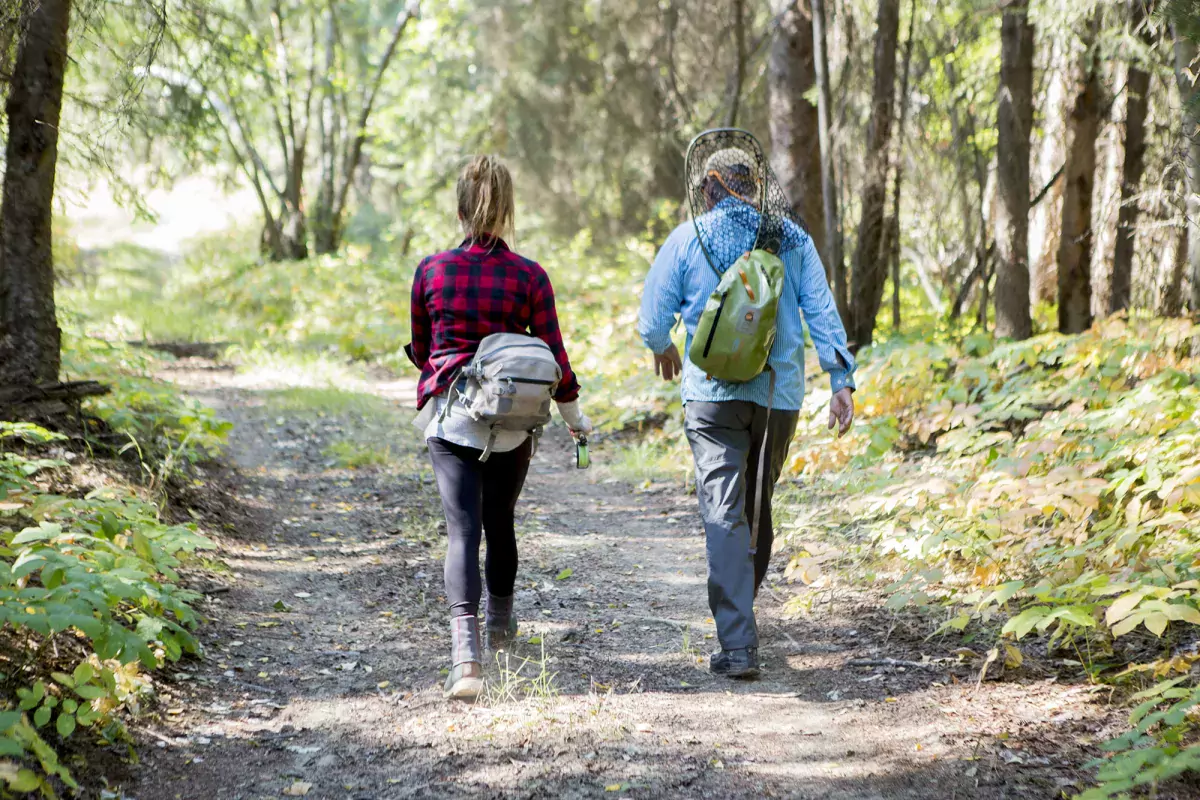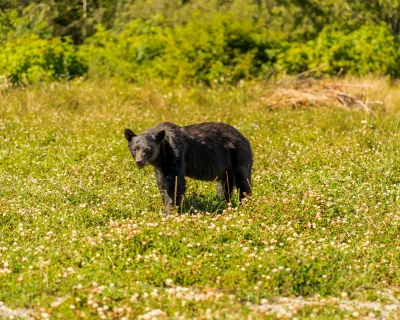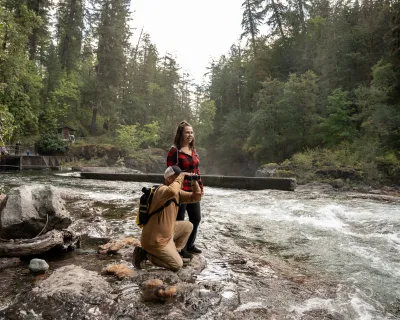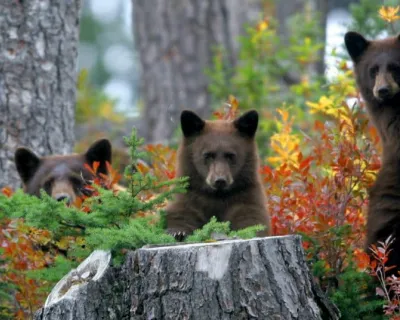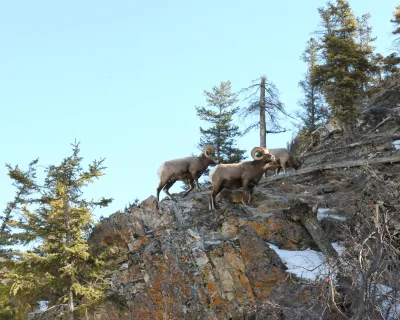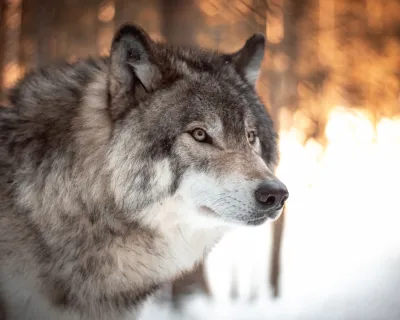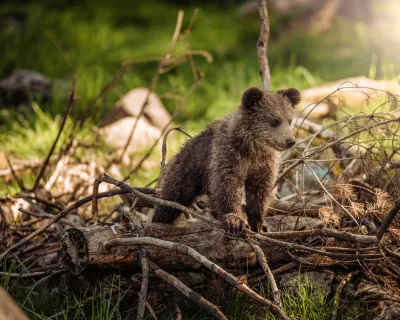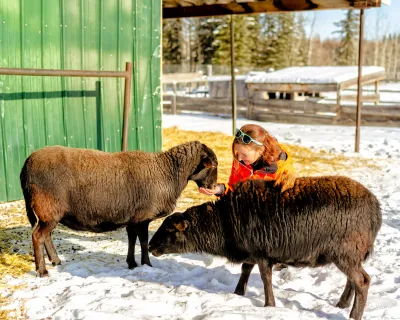Staying safe in cougar territory
Rarely do you hear about cougars unless there is an attack, as in Rocky Mountain House, Alberta, in summer 2022. A young boy aged seven.
These kinds of cases provoke immediate reactions. In this case, first and foremost, sympathy for a child, his family and friends. While the boy survived, his injuries were significant and no doubt traumatic (and we all wish him a speedy recovery).
For others considering hiking in the Alberta or BC Rockies, fear is another common reaction. What are the chances I’ll run into a cougar? Will a cougar attack me on the trail while hiking? How should I behave if I do encounter a cougar?
Without minimizing the risk, it’s important to know that this kind of attack is rare. Human-cougar interactions are infrequent, partly because cougars generally do not want to interact with humans and they are skilled at avoiding us.
However, when we encroach on cougar territory that can change, as the recent Rocky Mountain House case illustrates.
I recall once, while training for a trail race years go, a group of about 30 people and I were doing a night run. When we approached our chosen trail, there was a trail warning indicating cougar in the area. It was a first for me, but our run leaders (local experts) told us to stick together, be loud and light up the forest with our headlamps, and that we would have safety in numbers.
Given there were 30 or so of us, I felt reasonably confident in that approach. But it didn’t stop my spine tingling as we flicked our headlamps on and plunged into the dark forest. And looking back, I probably wouldn’t recommend it.
Four tips for staying safe in cougar territory
While I don't claim to be an authority on the matter, my experience has led me to seek out some of the basic info on cougar safety. And in the interest of spreading the information as widely as possible, here are four key tips for practicing cougar safety when in the backcountry:
1. Before going, check trail notices or consult local natural area management.
In national parks or bigger provincial parks, check in at the local warden office, campground or visitor centre. You can also look for notices online or at the trailhead, posted on notice boards or trail signs. If cougar is noted as being active in the area, obviously the safest option is to select a different location.
2. Go as a group and stick together.
This is good advice for avoiding conflicts with wildlife predators generally, whether cougar or bear, coyote or wolf. Most predators, even the larger ones, will shy away from large groups (so you could argue that the group leaders I ran with were onto something; but I refer you to #1 as the safer strategy.)
3. If you encounter a cougar: face the animal and retreat slowly while making yourself look big.
A cougar’s natural predatory instincts are to chase prey; if you turn your back or run, you will appear as prey to the cougar. Instead, stick together, face the animal head on and make lots of noise and generally appear as loud and threatening as you can. Arm yourself with sticks or stones and hit them together for added effect.
4. If a cougar attacks: fight back, including using bear spray (and know how to use it).
If a cougar attacks, wildlife officers recommend fighting back with all you’ve got - and if you’ve got bear spray, it will stop a cougar just as readily as a bear (the active ingredient is not bear-specific; it’s a pressurized pepper spray solution. Read more about bear spray and its use here.)
In the Rocky Mountain House incident, the boy was fortunate that members of his group had the good sense to fight back, and it likely saved his life.
Your chances of encountering a cougar are rare to start with, and even better if you avoid areas where cougars have been active. But cougars range across much of Western Canada, as do bears, so it’s best to remember these four tips and follow them to keep yourself and your group safe when hiking.
To educate and prepare yourself further for your backcountry travels, read up further on wildlife safety, including cougars and cougar safety via Alberta Parks, or BC Parks.
Get outdoors, get more connected, get more Zen.
Sign up for ZenSeekers enews for more transformative travel inspiration.
Be prepared for the backcountry
Read on for more wildlife safety and nature tips.
Like Our Facebook Page

